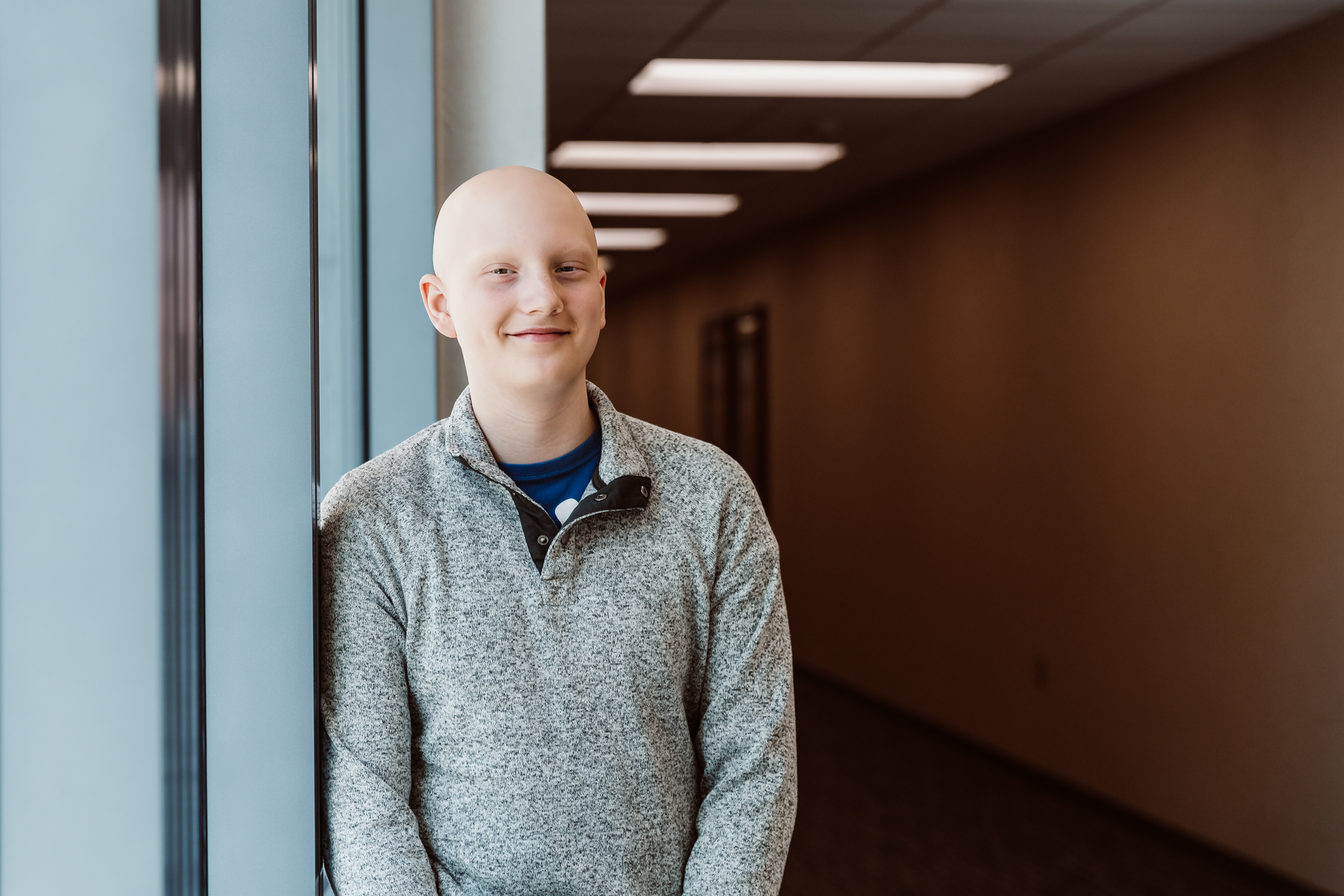
Bolton’s Bravery
With specialized, comprehensive care in hospitals tailored to the unique needs of pediatric patients, children’s hospitals help children and teens like Bolton defy the odds.
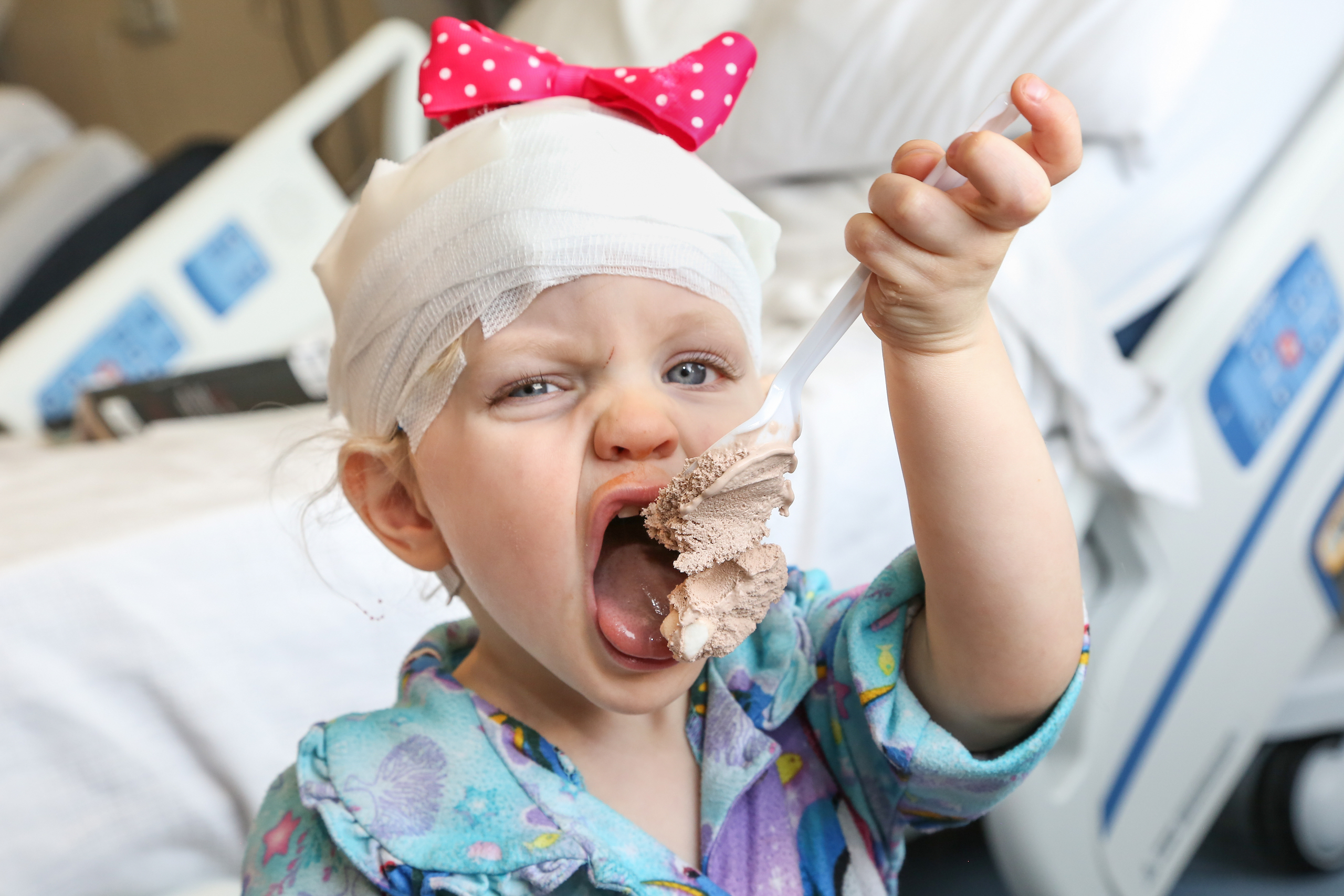
Every day, children’s hospitals help make moments possible. From providing access to the comprehensive care that children need to grow up to supporting children, teens, and their families with specialized treatment for some of the most complex illnesses. Discover more about the moments made possible by children’s hospital through patient stories from around the country.

With specialized, comprehensive care in hospitals tailored to the unique needs of pediatric patients, children’s hospitals help children and teens like Bolton defy the odds.
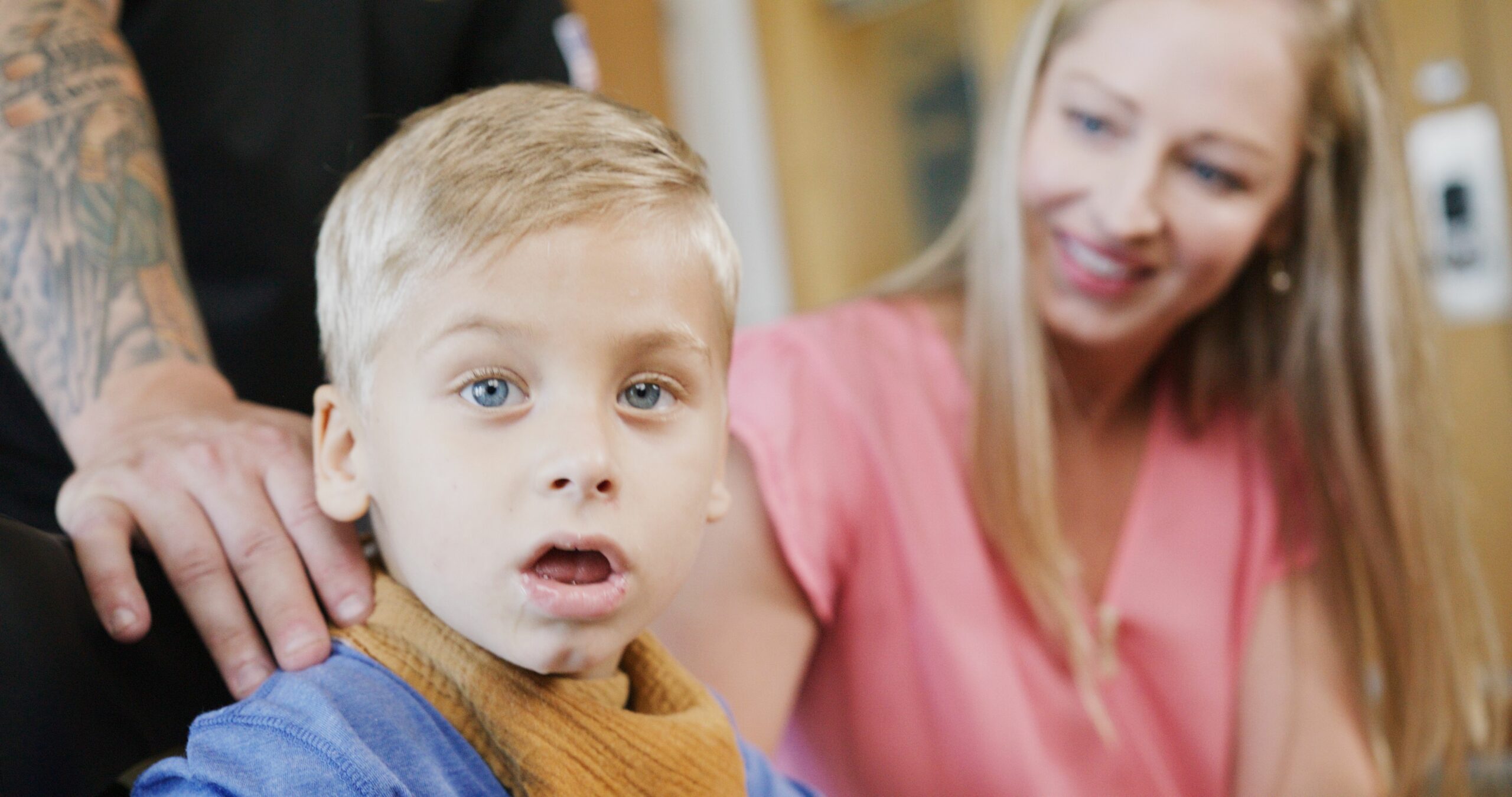
Children’s hospitals provide advanced care for the most complex conditions in environments specially designed for pediatric patients, allowing children like Isaac to thrive.
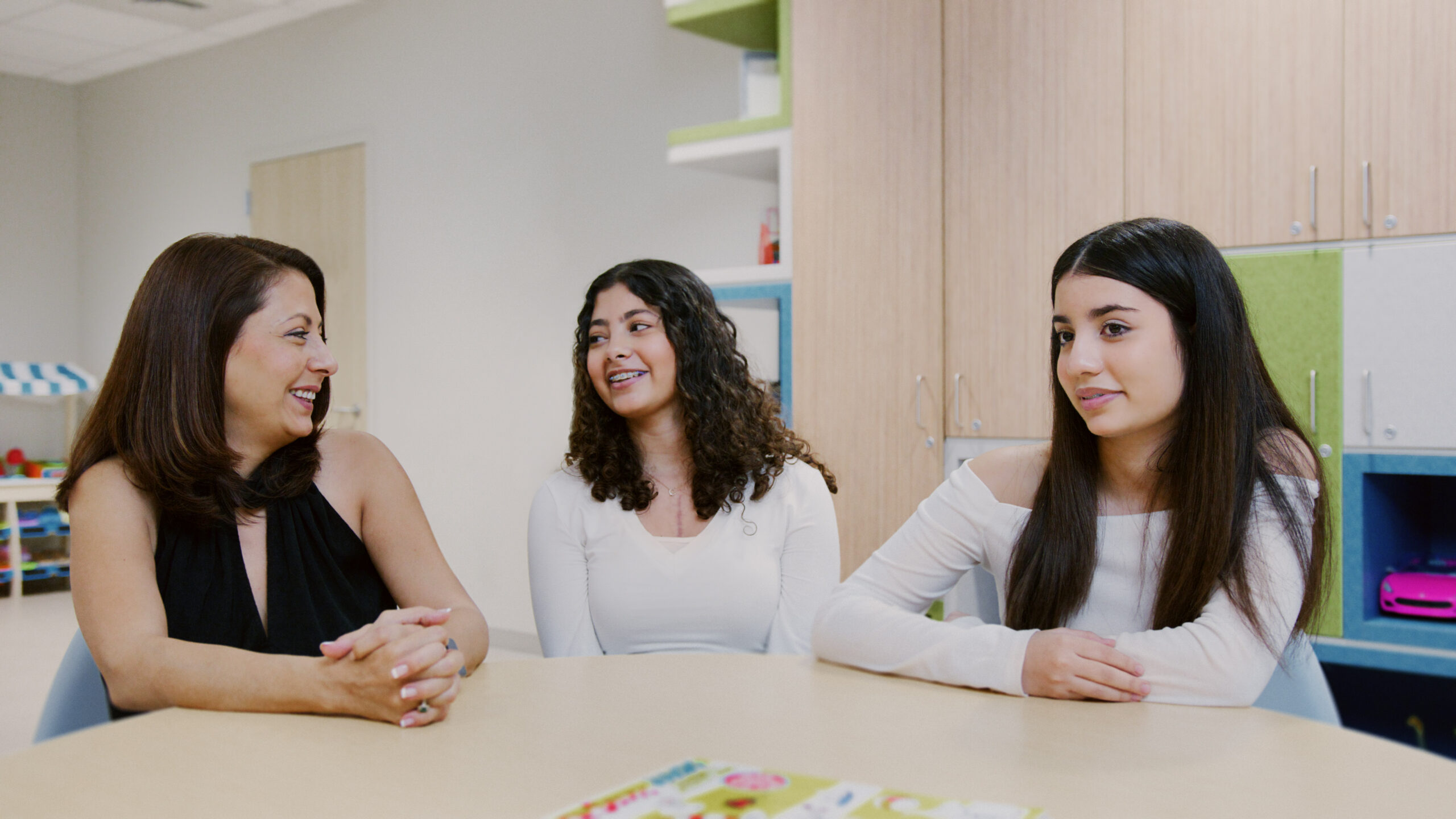
The specialized multidisciplinary teams at children’s hospitals ensure that children and teens – like Cami – can beat multiple complex conditions like cancer and heart failure.
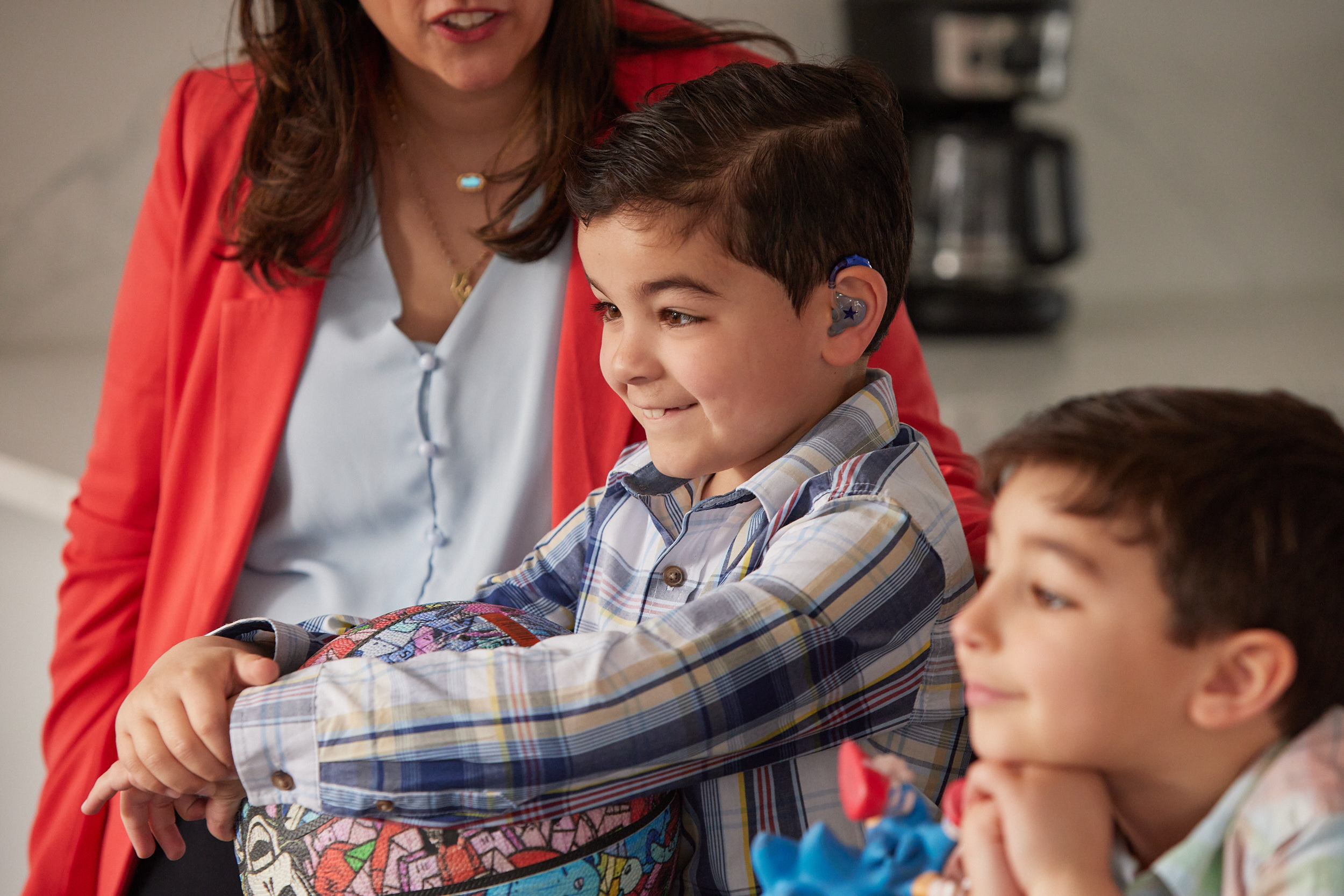
The advanced, specialized care that children’s hospitals provide make moments – like Joseph beating pediatric brain cancer – possible.
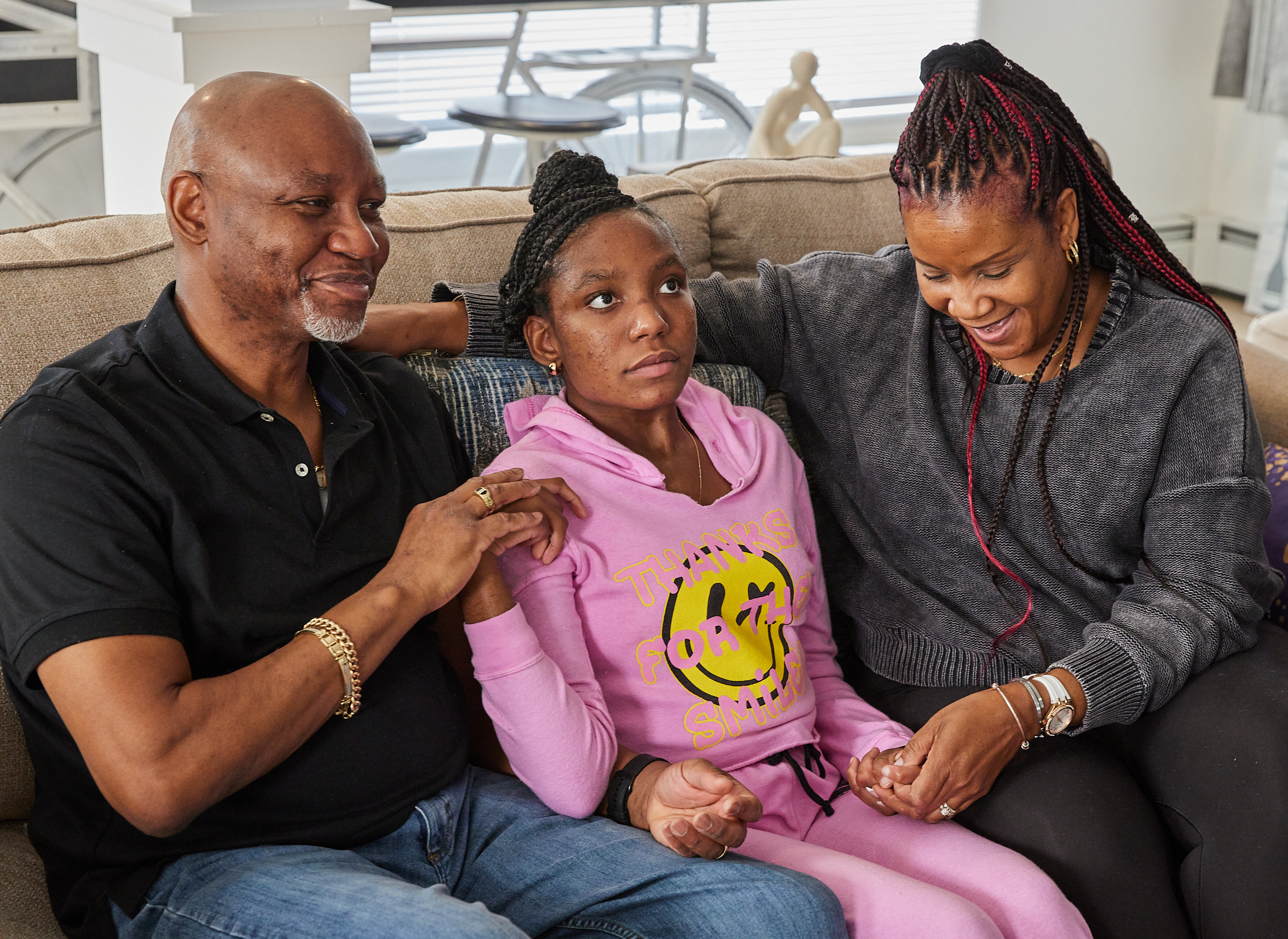
With care delivered by specially trained pediatric clinicians, in environments designed just for children, children’s hospitals help children and teens – like Daniella – navigate complex medical conditions.

When Sriansh was just three months old, his family grew concerned as he slept most of the day, arched his back, and could not control his eye movement. His parents brought him to Cincinnati Children’s, where he was diagnosed with AADC deficiency, a rare genetic disorder that disrupts dopamine and serotonin production in the brain. Sriansh’s family was told he might never walk, talk, or lift his head. But thanks to an experimental gene therapy clinical trial, his story took a groundbreaking turn. At just 16 months old, Sriansh became the youngest child in the world to receive a one-time gene therapy treatment, delivered directly into the brain through a minimally invasive surgical technique. His care team inserted an engineered virus carrying the missing gene, allowing his brain to begin producing the essential chemicals it lacked. Today, Sriansh is walking, running, and thriving because of this innovative clinical trial. This pioneering work helped lead to the first-ever FDA-approved gene therapy administered directly to the brain, offering hope for patients with rare genetic diseases once thought untreatable.
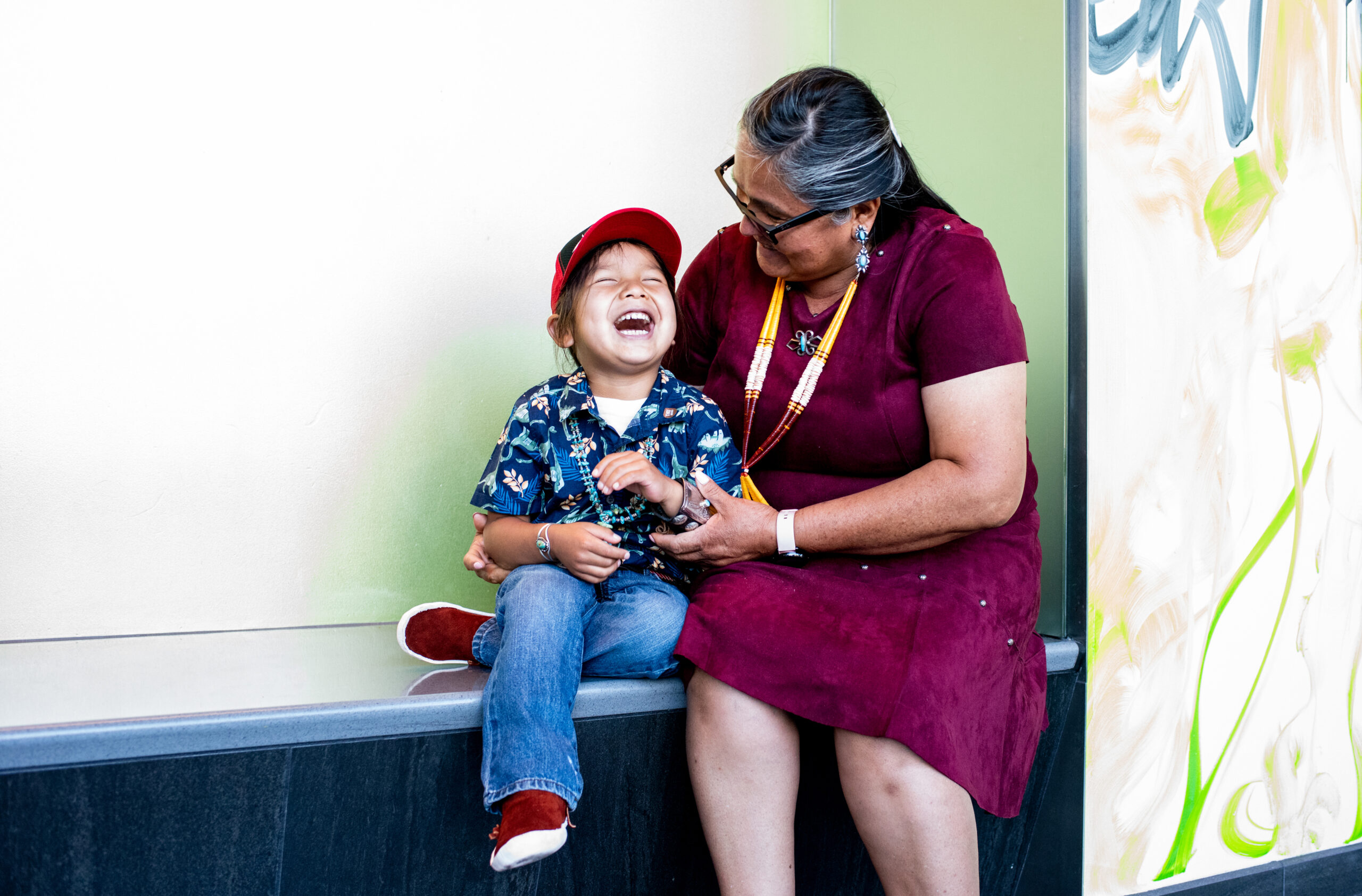
Within days of his birth, Hataalii Tiisyatonii (“HT”) was diagnosed with Artemis-SCID, a serious form of primary immunodeficiency, also known as “bubble baby” disease. Children with Artemis-SCID lack a functioning immune system, making them much more susceptible to infections. Many children with the disease don’t live past their first birthday. When a bone marrow transplant – the standard treatment for the disease – wasn’t viable for HT, University of California, San Francisco pediatricians thought their clinical trial might be the solution. HT became the first child in the world with Artemis-SCID to receive gene-correction therapy. The trial and procedure were successful and after a long recovery, HT is now back home in Arizona loving life on his family’s ranch.
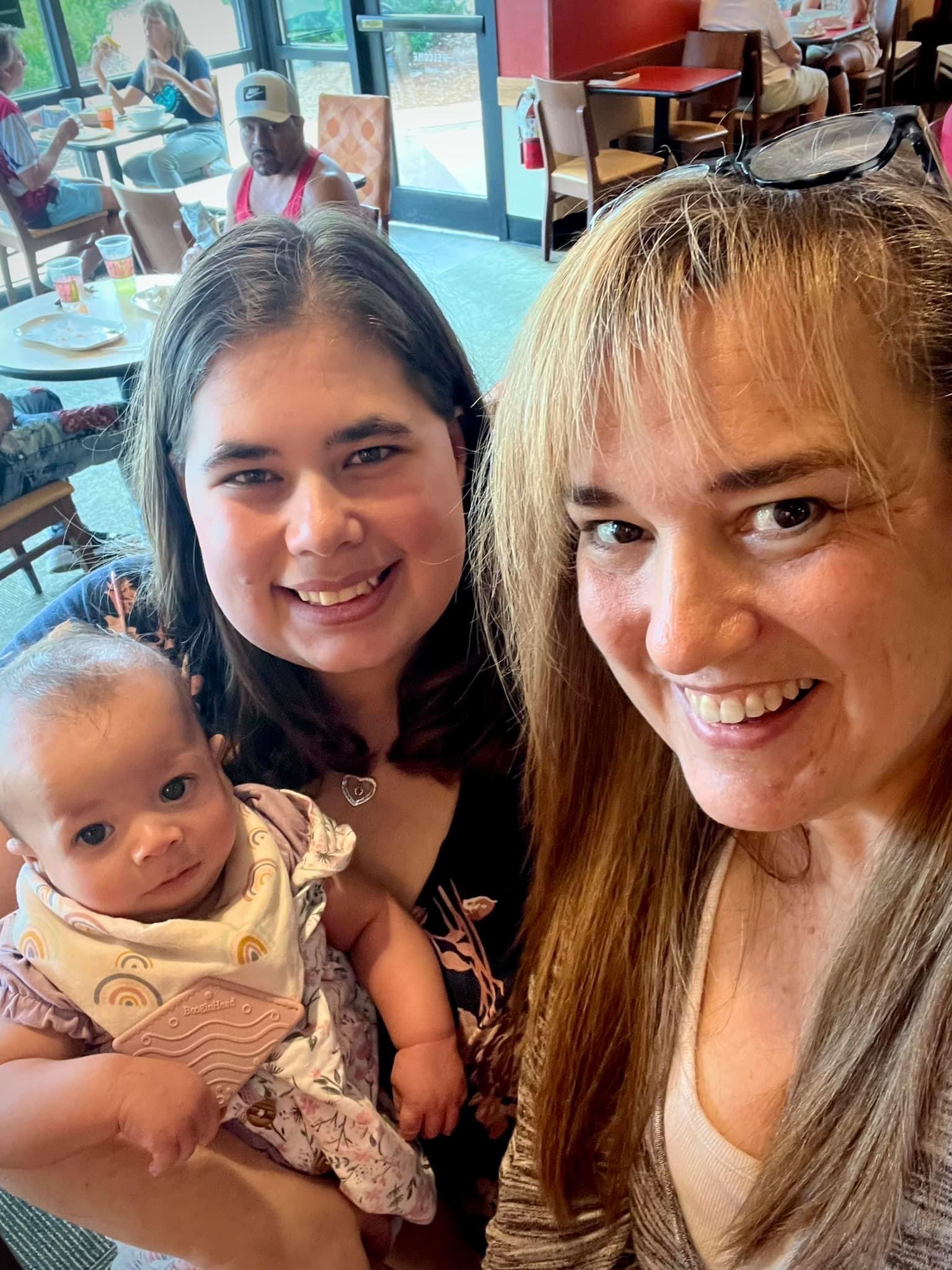
Chelsea Fredrickson was born prematurely; at only 26 weeks she was considered a micropreemie. Weighing only one pound nine-point eight ounces, she had to stay in the neonatal intensive care unit (NICU) at Studer Family Children’s Hospital for two months. Today, her journey has come full circle. Wanting to provide the same care that saved her life, Chelsea is a registered nurse in the same NICU, where she cares for some of the smallest and frailest born babies. Like Chelsea’s first few months of life, these children are born extremely early and need extensive care. Every day, she cares for and treats these premature babies, offering them the opportunity for a fulfilling life. Chelsea enjoys connecting with families and sharing her story of being born prematurely, a symbol of hope that every child has a chance at a beautiful life.
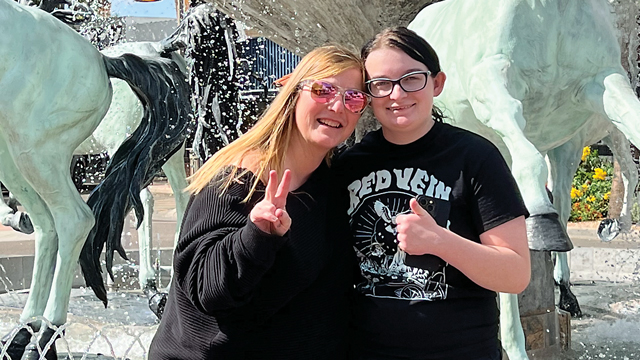
At just 11-years-old Gretchen started experiencing dizziness, joint pain, and fatigue. At tennis practice one day, Gretchen fainted and upon further testing, she was diagnosed with postural orthostatic tachycardia syndrome (POTS), a blood circulation condition that can cause painful and sudden symptoms, like nausea and dizziness. Since her diagnosis, Gretchen has worked hard under the care of experts at Children’s Hospital of Richmond at VCU (CHoR) to learn how to manage her symptoms. CHoR has a duo of doctors who are experts in neurogastroenterology and autonomic disorders. They have been instrumental in helping Gretchen understand how the body and brain interact and the role that plays with her diagnosis. Gretchen takes vitamin supplements, focuses on staying active, and works with a cognitive behavioral therapist to understand how her brain responds to pain. Through her hard work and dedication, Gretchen has overcome her anxiety about flare-ups and experienced many firsts including her first trip abroad to Ireland and graduating from high school.
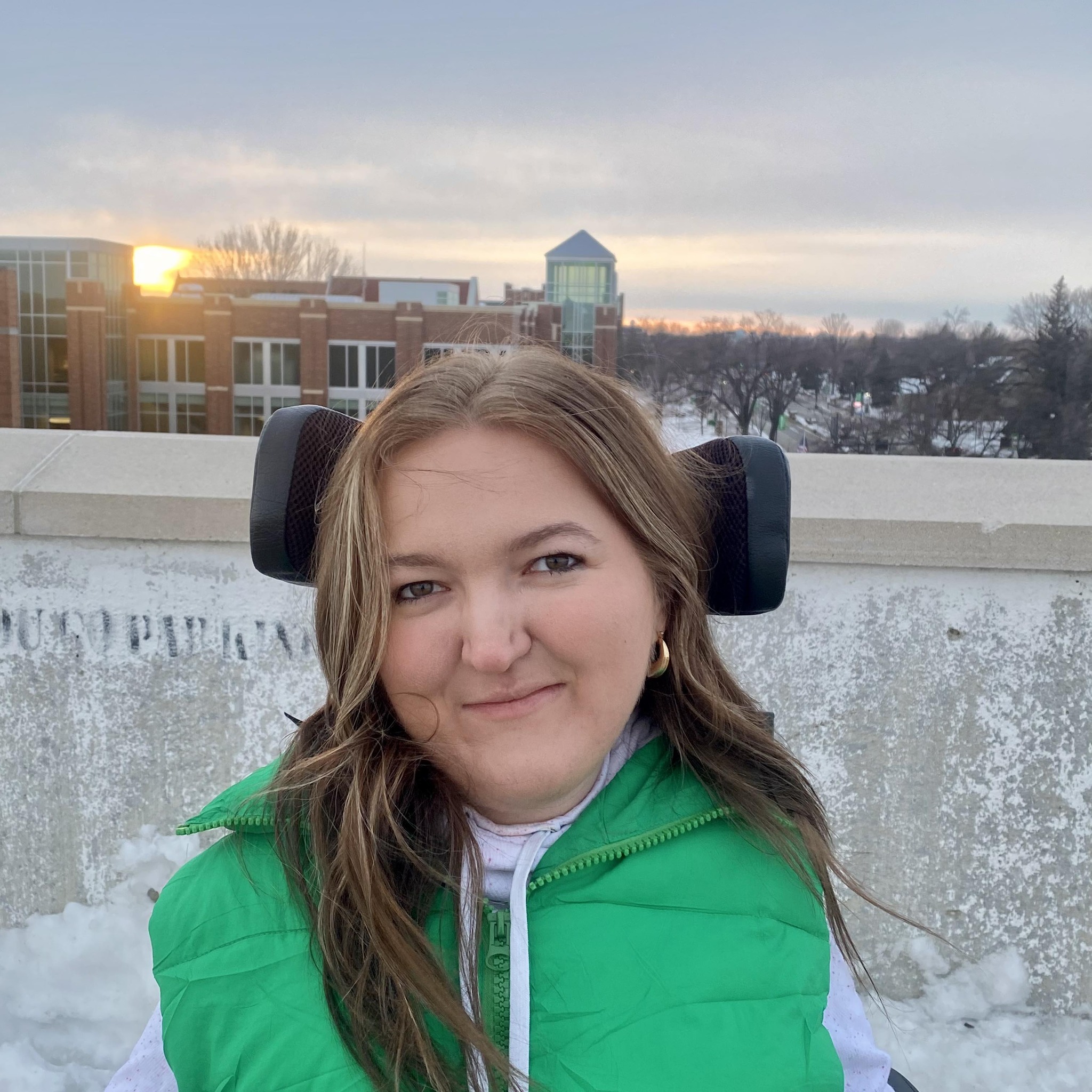
Diagnosed with Spinal Muscular atrophy, a serious genetic neuromuscular condition, at birth, everyday tasks were a hurdle for Ashley. With debilitating muscle weakness and problems with voluntary muscle movements, it was unclear whether she would ever reach her goal of attending college and living independently. Thanks to the expertise of numerous specialists at Gillette Children’s including neurologists, pulmonologists, cardiologists, physical medicine & rehabilitation providers and internal medicine and pediatrics providers, Ashley was able to receive specially tailored and cutting-edge therapies. Ashely’s dream of going to college became a reality thanks to the dedication of her complex care team. Therapeutic recreation and social work played supporting roles in connecting the medical pieces of her puzzle by using tools, strategies and educational interventions to plan for the logistics of going to college with a rare and complex medical condition. Now, Ashley has completed her sophomore year at the University of North Dakota, where she is pre-law, studying criminal justice.
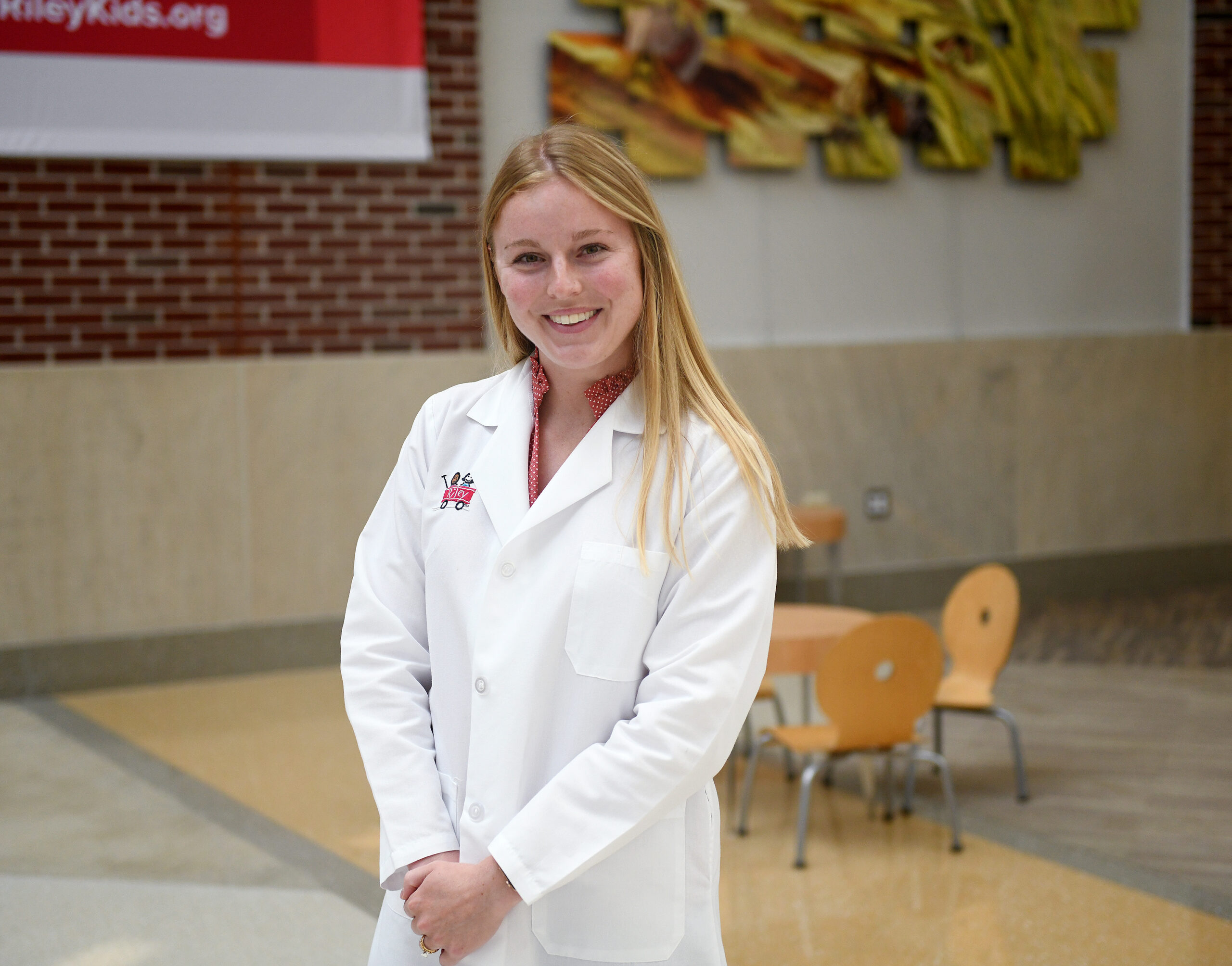
At 10 years old, Maria needed a life-saving procedure to fix her heart. She was diagnosed with Wolff-Parkinson-White syndrome, a congenital heart defect that causes episodes of rapid heartbeat, chest pain, and difficulty breathing. After spending several months at Riley Children’s Health, she underwent several heart ablation procedures to fix the irregular electric signals in her heart. More than a decade later, Maria is back at Riley, but this time as a doctor. Maria went on to attend medical school at Marian University. Maria’s experience at Riley gave her a second chance at life, and since then, she has been determined to give back, now providing care at the same hospital that cared for her.
Mila was playing in her bedroom when she bumped her left forearm on the bedframe. An initial X-ray didn’t show any sign of fracture, but the bump continued to grow so Mila’s family got a second opinion from an orthopedic specialist who referred them to Wolfson Children’s Hospital in Jacksonville. She underwent additional tests which ultimately led to the diagnosis of osteosarcoma, a type of bone cancer. After 10 weeks and two rounds of chemotherapy, the mass shrunk to a size where pediatric orthopedic surgeons were able to remove it all without having to amputate Mila’s arm. Mila underwent additional chemotherapy and completed treatment. She will be closely monitored for any sign of recurrence but, for now, she’s enjoying each day as it comes and was excited to get back to school where she is a star student.